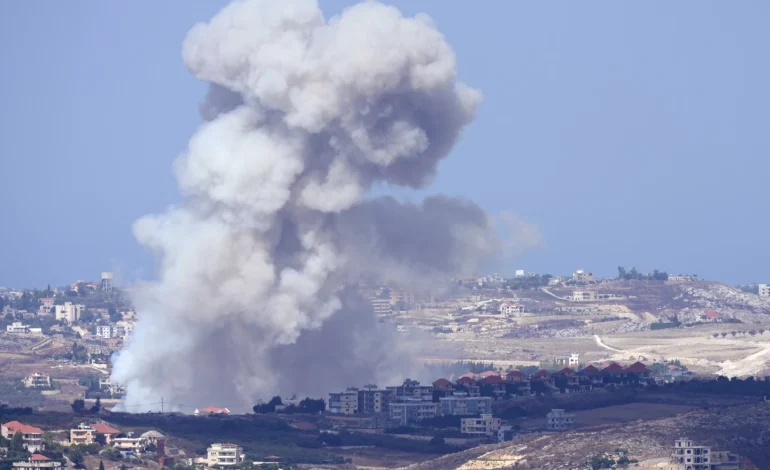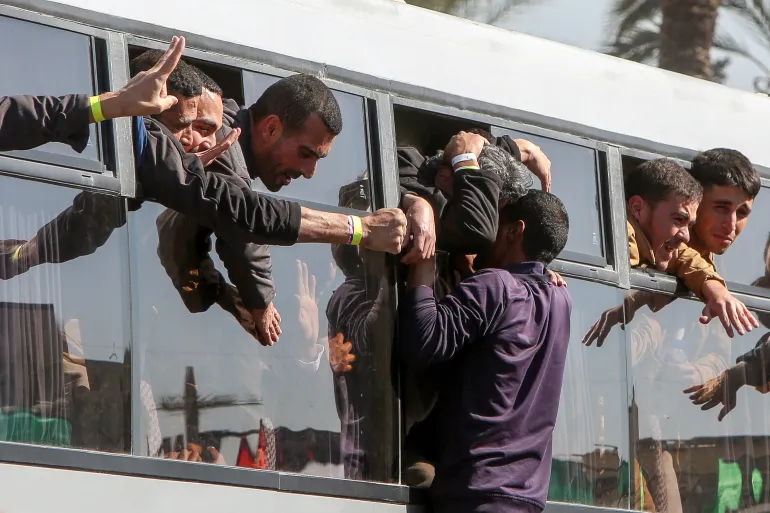Lebanon Endures Deadliest Day of Conflict Since 2006 as Israeli Strikes Kill 182

Lebanon experienced its most devastating day of conflict in nearly two decades on Monday, as Israeli airstrikes killed at least 182 people and injured more than 700, according to the Lebanese Health Ministry.
The strikes, part of an escalating military campaign against Hezbollah, come amid growing fears of an all-out war.
The Israeli military said it targeted over 300 Hezbollah sites in southern and eastern Lebanon, warning civilians to evacuate ahead of further strikes. Thousands of residents fled the southern region, with highways leading to Beirut jammed with cars in what has become the largest exodus since the 2006 war between Israel and Hezbollah.
The strikes extended beyond southern Lebanon, hitting the Bekaa Valley and even reaching Byblos, a town over 80 miles from the Israeli border. The Lebanese government responded by closing schools and universities and preparing shelters for those displaced by the violence.
The Israeli military justified the strikes as an effort to curtail Hezbollah’s ability to launch attacks into northern Israel. Israel has repeatedly warned civilians living near Hezbollah weapons storage sites to evacuate, though it remains unclear how many have been affected by the warnings. Meanwhile, Hezbollah has fired rockets and drones into Israel in retaliation, with one of its attacks targeting the Rafael defense firm in Haifa.
The cycle of strikes and counterstrikes has significantly escalated tensions. Monday’s strikes follow a deadly Israeli airstrike on Friday, which killed a top Hezbollah commander and dozens of fighters. Hezbollah, backed by Iran, has vowed to continue its attacks in support of Hamas and the Palestinians, intensifying fears of a regional conflict.
The situation is further complicated by Israel’s ongoing war with Hamas in Gaza, leaving both sides of the Israeli-Lebanese border bracing for continued violence. The Israeli government has stated that it aims to restore calm to the northern border, though it has not ruled out further military actions.
As the violence continues, Lebanon is facing an increasingly dire humanitarian situation. The Health Ministry has asked hospitals in the south and Bekaa Valley to postpone non-urgent surgeries to prepare for the influx of casualties. While many Lebanese remain defiant, staying in their homes despite the escalating conflict, there is widespread concern about what the coming days may hold.
Al Jazeera, the Associated Press, the New York Times contributed to this report.







